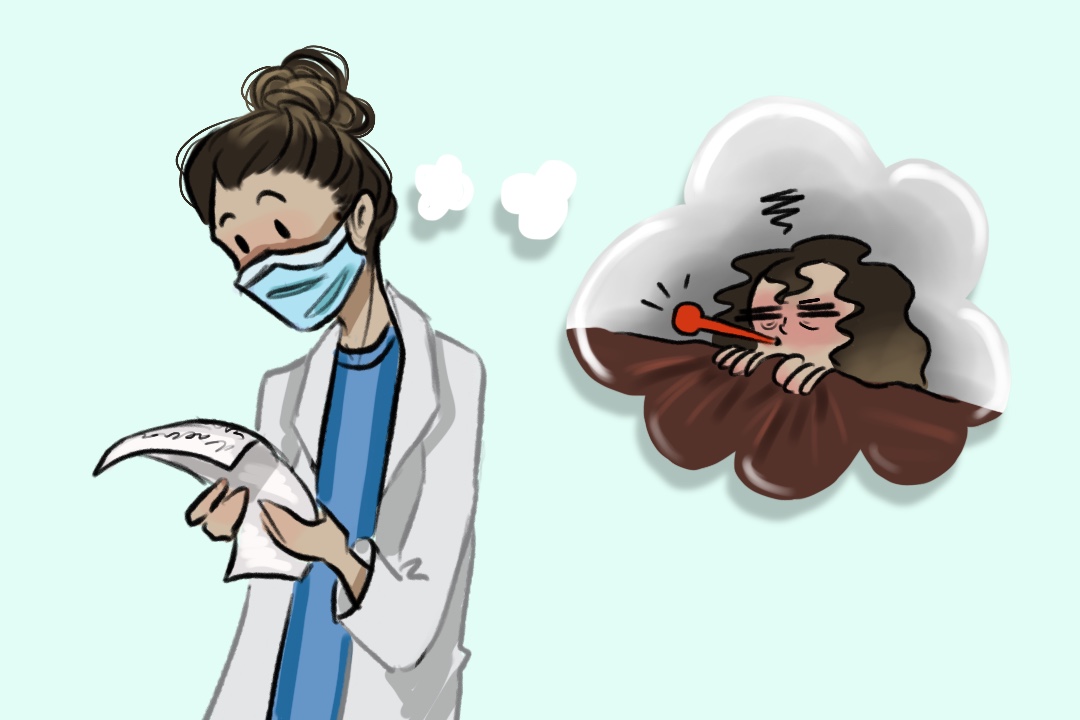After some pandemic-related delays, United Steelworkers Local 1998 (USW 1998) successfully struck a new collective agreement with the University of Toronto, in which it obtained paid sick days as well as a one percent pay increase. The new contract will last three years. USW 1998 President Colleen Burke described her organization as being “very, very happy with the outcome.”
USW 1998 represents over 8,000 administrative and technical workers at U of T, Victoria University, University of St. Michael’s College, and University of Toronto Schools — 3,500 of which are casual employees. This term includes a myriad of positions, including research assistants, weight room attendants, and standardized patients — actors who pretend to be patients for medical exams and give advice to medical students based on their performance. Wages for these casual workers vary, and some make minimum wage.
Striking a new deal
The new collective agreement includes one percent wage increases, two paid sick days a year for members, more protection for members facing termination, and some improvements to a pilot program that gives workers dental benefits.
USW 1998 President Colleen Burke explained that the negotiation process was going well, but that it included delays due to COVID-19 and scheduling conflicts. She said that mobilizing the unit can be very challenging “because people are generally part-time, temporary, [or workers that] have multiple jobs.”
She described bargaining over Zoom to be “just agonizing.” In order to avoid it, she said that USW 1998 pressured the university to hold in-person bargaining meetings.
Once that happened, she found that the meetings were productive and gained momentum. Although USW 1998 went into the negotiations thinking it was only going to get wage increases or paid sick leave, it got both; as such, it was very satisfied with the end result of the negotiations.
In a statement to The Varsity by a U of T spokesperson, the spokesperson wrote that “The University was very pleased to successfully conclude collective bargaining with USW Local 1998 recently for the renewal of the casual employee collective agreement… Although the collective bargaining process was protracted due to the pandemic, it was constructive, respectful, and professional at all times.”
Ontario’s Bill 124
Ontario’s Bill 124 plays a significant role in deciding bargaining negotiations like these. The bill prevents public sector employees from increasing their wages by more than one per cent over a period of three years. Passed by the Ford government in 2019, the legislation has been routinely criticized by USW 1998 and other labor groups in the province of Ontario.
Currently, USW 1998 has joined together with the Ontario Federation of Labour to challenge Bill 124 at the Supreme Court level. However, the timeline for that challenge is uncertain at this time.


